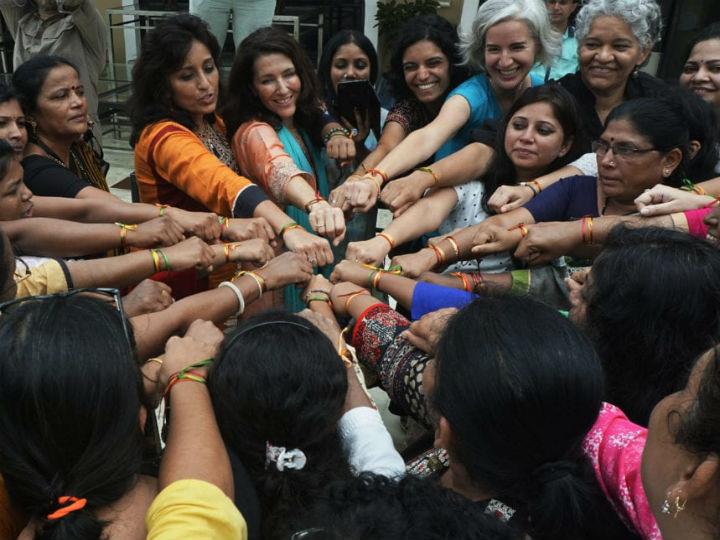by Cesar Chelala*
Today‘s India is marked by two very disparate realities — rapid economic and technological development on the one hand and frequent and brutal rapes on the other hand which, in many cases, lead to the death of women and girls.
Repeated incidents of gang rape in India are not isolated events, but reflect widespread gender and caste discrimination in the country.
Today, rape is the fourth most common crime against women in India.
The curse of gang rapes
Two recent gang rapes of Dalit women that ended up with the death of both women, one 19 and the other 22-years-old, have shocked people around the world.
In India, a total of 200 million Dalits face discrimination and abuse, a situation that has increased during the coronavirus pandemic, according to women rights’ activists. There are no signs of crimes against women and girls abating.
The persistent stigma of feticides
One of the earliest and most brutal manifestations of violence against women is female feticide. Researchers for The Lancet estimate that more than 600 girls are being lost in India every day through sex selective abortions.
Female fetuses are selectively aborted after pre-natal sex determination. Sometimes, the elimination of girls occurs after they are born. Female infanticide, far worse than feticide, has existed for centuries in India.
The feticide practice began in the early 1990s, when ultrasound techniques became widely used in India. Many families continue to have children until a male child is born, since boys are valued more than girls.
It does not help that religious practices for parents’ afterlife can only be performed by males, which makes them a status symbol for their families.
Abusing pre-natal tests
The Preconception and Prenatal Diagnostic Techniques (PCPNDT) Act, passed in 1994, making selective abortion illegal, has been poorly enforced.
In 2003, the law was modified holding medical professionals legally responsible for abuse of the test. However, while representing nominal progress, these provisions have not significantly deterred their abuse in practice.
Gender-based discrimination
Although gender-based discrimination against women and girls is pervasive in developing countries, India is one of the worst culprits.
Female discrimination, which starts in the womb, continues throughout women’s lives. A survey by the Thomas Reuters Foundation found that India is the fourth-most dangerous place in the world for women.
In India, violence against women can take several forms. It can include acid-throwing, a cruel form of punishment that can disfigure women for life and even kill them. It also includes domestic violence, sexual harassment at the workplace and dowry violence.
According to perpetrators of acid attacks on women, they do it to put them in their place for defying cultural norms. The UN Population Fund reports that up to 70% of married women aged 15-49 in India are victims of beatings or coerced sex.
The persistence of dowry traditions
Dowry traditions, according to which parents must often pay large sums of money to marry off their daughters, are considered one of the reasons why parents prefer boys to girls.
In 1961, the Government of India passed the Dowry Prohibition Act, which makes dowry demands in wedding arrangements illegal.
Although some kinds of abuse such as “bride burning” have diminished among educated urban populations, many cases of dowry-related domestic violence, suicide and murders are still occurring.
The scourge of human trafficking
One of the consequences of female feticide is the increase in human trafficking. According to some estimates, in 2011, 15,000 Indian women were sold as brides to areas like Haryana and Punjab to compensate for the lack of women as a result of feticide.
While women in India were worshipped as gods, during the Vedic age, and some women goddesses are worshipped even now, in modern times some are negated the basic right to life.
The wider picture
All of which goes to show that the rape cases in India are not isolated incidents. They are actually manifestations of a discriminating situation that starts in the womb. It reflects a society that persists in treating women as second-class citizens.
The problem of abuse of women in India will only be solved by changing entrenched culture norms that allow the abuse and degradation of women.
Conclusion
Unless this change is accepted by Indian society, and appropriate laws are fully enforced, any measures to overcome this situation will only be palliatives. They will not solve this serious problem facing women and girls in that country.
*global health consultant and contributing editor for The Globalist
**first published in: www.theglobalist.com




 By: N. Peter Kramer
By: N. Peter Kramer
